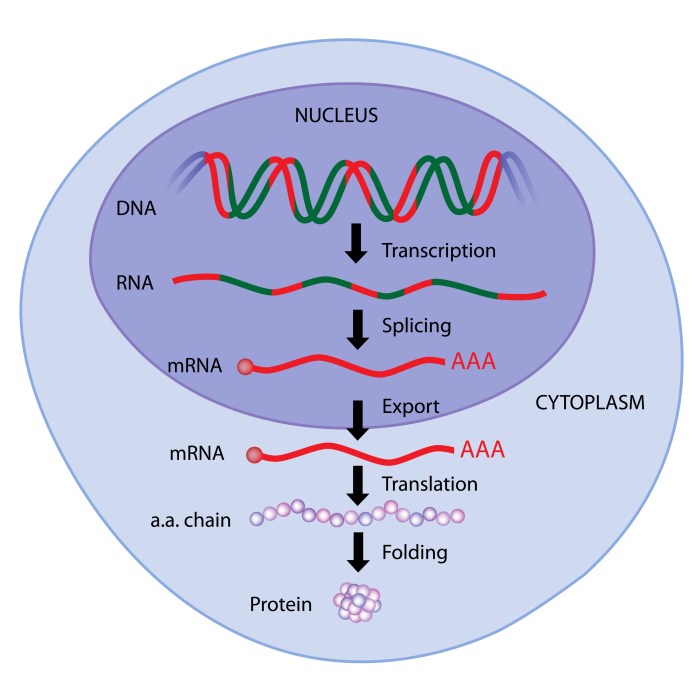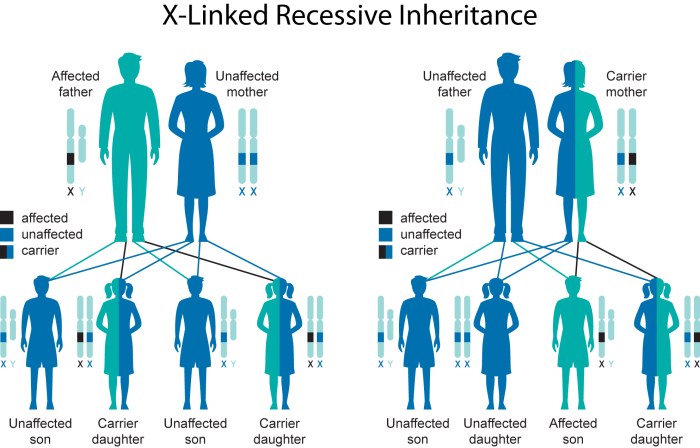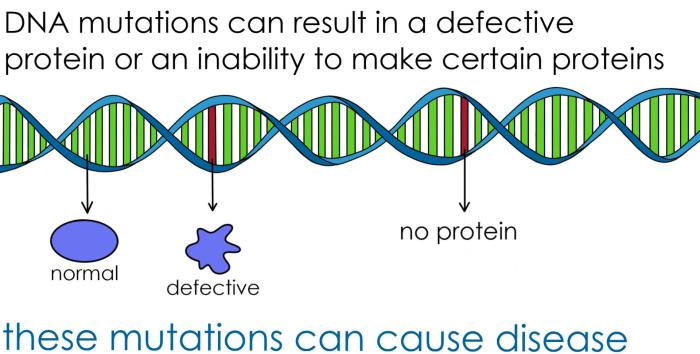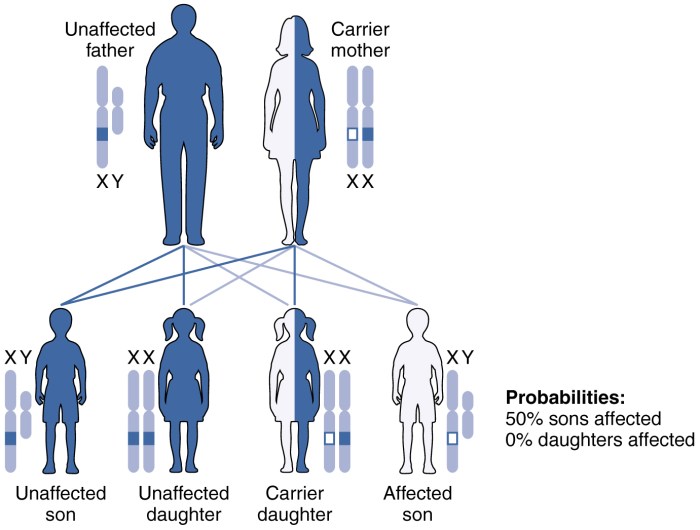Which of the following are true of epigenetic changes? These modifications to gene expression, independent of DNA sequence alterations, hold profound implications for our understanding of inheritance, disease, and the interplay between nature and nurture. Join us as we delve into the fascinating world of epigenetics, unraveling its mechanisms, consequences, and potential for therapeutic interventions.
Epigenetic changes, occurring without alterations to the underlying DNA sequence, exert a profound influence on gene expression, shaping our traits and responses to the environment. These modifications, ranging from DNA methylation to histone modifications, can be inherited across generations, offering a glimpse into the intricate dance between our genes and experiences.
Definition and Overview

Epigenetic changes refer to modifications in gene expression that do not alter the underlying DNA sequence. These changes are mitotically heritable and play a crucial role in cellular differentiation, development, and disease.
Epigenetic modifications are mediated by a variety of molecular mechanisms, including DNA methylation, histone modifications, and non-coding RNAs. These modifications can alter the accessibility of DNA to transcription factors, thereby regulating gene expression.
Types of Epigenetic Modifications

DNA Methylation
DNA methylation involves the addition of a methyl group to the carbon 5 position of cytosine, often within CpG dinucleotides. This modification typically leads to gene silencing by inhibiting the binding of transcription factors.
Histone Modifications
Histones are proteins that package DNA into nucleosomes. Histone modifications, such as acetylation, methylation, and phosphorylation, can alter the structure of chromatin and affect gene accessibility.
Non-Coding RNAs
Non-coding RNAs, such as microRNAs and long non-coding RNAs, can regulate gene expression by targeting specific mRNAs and interfering with their translation or stability.
Heritability of Epigenetic Changes: Which Of The Following Are True Of Epigenetic Changes

Epigenetic modifications can be transmitted across generations, a phenomenon known as epigenetic inheritance. This transmission occurs through the germline, where epigenetic marks are maintained and passed on to offspring.
Epigenetic inheritance has been demonstrated in plants, animals, and humans. It is believed to play a role in the development of complex traits and diseases.
Environmental Influences on Epigenetic Changes

Environmental factors, such as diet, stress, and toxins, can influence epigenetic modifications. These factors can alter the activity of enzymes involved in epigenetic regulation, leading to changes in gene expression.
Environmental epigenetics has implications for health and disease, as it suggests that lifestyle and environmental exposures can shape disease risk.
Epigenetic Changes in Disease
Epigenetic changes have been implicated in the development and progression of various diseases, including cancer, neurodegenerative disorders, and metabolic diseases.
Cancer
Aberrant DNA methylation and histone modifications are common in cancer cells. These changes can lead to the activation of oncogenes and silencing of tumor suppressor genes.
Neurodegenerative Disorders, Which of the following are true of epigenetic changes
Epigenetic modifications have been linked to the development of neurodegenerative diseases, such as Alzheimer’s and Parkinson’s diseases. These changes may contribute to neuronal dysfunction and cell death.
Metabolic Diseases
Epigenetic modifications have been implicated in the development of metabolic diseases, such as obesity and diabetes. These changes can affect gene expression in adipose tissue and pancreatic beta cells.
Questions Often Asked
What are epigenetic changes?
Epigenetic changes are modifications to gene expression that occur without altering the underlying DNA sequence.
How are epigenetic changes inherited?
Epigenetic modifications can be inherited across generations through mechanisms such as DNA methylation and histone modifications.
What is the role of environmental factors in epigenetic changes?
Environmental factors, including diet, stress, and toxins, can influence epigenetic modifications, shaping our traits and health outcomes.
How are epigenetic changes involved in disease?
Epigenetic changes play a role in the development and progression of various diseases, including cancer, neurodegenerative disorders, and metabolic diseases.
What is the potential of epigenetic therapies?
Epigenetic therapies hold promise for treating diseases by targeting epigenetic modifications and restoring normal gene expression.